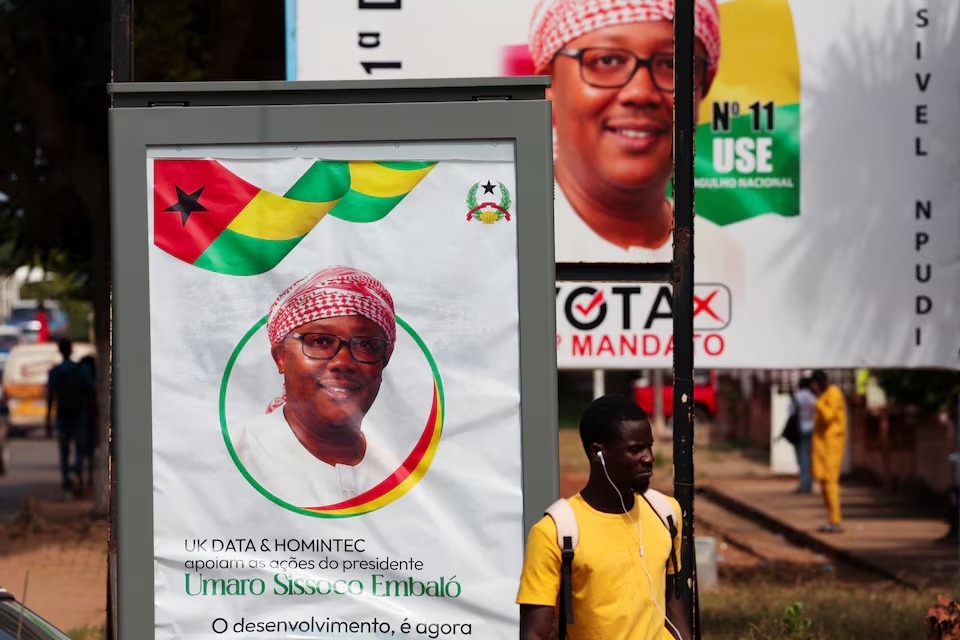
Embalo, 53, is primarily challenged by Fernando Dias, 47, of the Party for Social Renewal (PRS), who has drawn large crowds promising security, reconciliation, and a reduction in military interference in politics. While 12 candidates are in the race, political analysts say the contest largely revolves around Embalo and Dias.
“A future president must break with past approaches to address Guinea-Bissau’s political instability and economic dependency on cashew production,” said Tamilton Teixeira, a sociologist at the Catholic University of Bissau. Provisional results are expected within 48 hours.
Dias has received backing from former Prime Minister Domingos Simoes Pereira, who narrowly lost to Embalo in 2019 but was disqualified this year over late filing, marking the first election without a candidate from the ruling PAIGC party. Analysts warn that other candidates could play a decisive role if no one secures more than 50% of the vote.
Embalo’s legitimacy has been questioned throughout his term. Opposition leaders argue his mandate expired in February, while the Supreme Court had previously indicated September. His administration has faced multiple coup attempts, and the legislature has been dissolved since late 2023. Political analyst Rui Jorge Semedo said, “Re-election would consolidate the democratic regression initiated in 2020.”
Meanwhile, the country’s role as a hub for cocaine trafficking from South America to Europe has continued under Embalo’s watch, with numerous arrests of Bissau-Guineans linked to the trade in the region and abroad, according to Vincent Foucher, senior research fellow at France’s National Centre for Scientific Research.
Nearly half of Guinea-Bissau’s population of around two million is registered to vote in the presidential and legislative elections.
